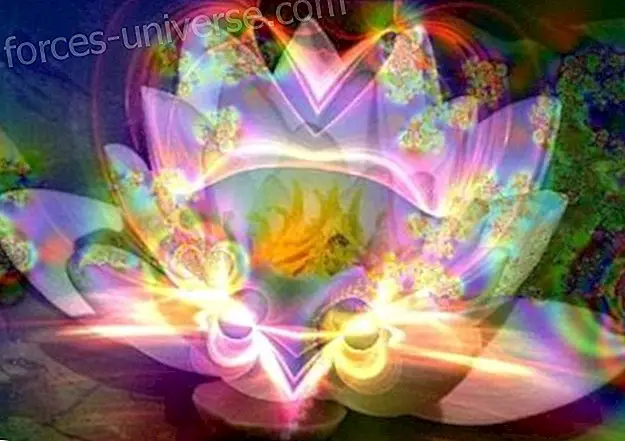
For most of us, the relationship with the other is based on dependence, whether economic or psychological. This dependence creates fear, breeds in one the possessive eagerness, results in frictions, misgivings, frustration. Economic dependence on another may be eliminated through appropriate legislation and organization, but I am referring especially to that psychological dependence that is the result of the desire for personal satisfaction, happiness, etc.
In this possessive relationship, one feels enriched, creative and active; He feels that his own little flame increases thanks to the other. In order not to be deprived of this source of fullness, one fears losing the other, and this is how possessive fears arise, with all the resulting problems. Therefore, in this relationship of psychological dependence, there must always be conscious or unconscious fear, suspicions that often remain hidden behind the sound of pleasant words. The reaction that produces this fear always leads us to seek security and personal enrichment through various channels, to isolate ourselves in ideas and ideals, or to find substitutes for satisfaction.
The complex problem of the relationship is how to love without dependence, without friction or conflict, how to overcome the desire to isolate oneself, to depart from the cause of the conflict. If for our happiness we depend on another, society or the environment, these factors become essential for us, we cling to them and violently oppose any alteration of them, because we depend psychologically on those factors For our safety and our well-being.
Although intellectually we can perceive that life is a process of continuous flow, of mutation that requires constant changes, emotionally or emotionally we adhere to the comfortable established values; consequently, there is an incessant battle between change and the desire to remain. Is it possible to end this conflict? Life cannot exist without relationship, but by basing it on personal and possessive love, we have turned it into something distressing and horrible. Can one love and yet not possess? You will find the true answer not in the escapes, in the ideals and beliefs, but through the understanding of the causes that lead to dependence and possessive desire. If we could deeply understand this problem of the relationship between oneself and another, then perhaps we would understand and solve the problems of our relationship with society, because society does not It is but the extension of ourselves. The medium we call society has been created by past generations; We accept it, even if it contributes to maintaining our greed, our possessive spirit, our illusion. In this illusion there can be no unity or peace. The mere economic unity produced by compulsion and legislation cannot end the war. As long as we do not understand the individual relationship, we cannot have a peaceful society.
Since our relationship is based on possessive love, we have to realize, in ourselves, how it is born, how it acts and what its causes are. When we become deeply aware of the process that the possessive desire implies, with its violence, its fears, its reactions, an understanding that is total, complete, comes. Only through this understanding does thought free itself from dependence and the desire to possess. It is within oneself that harmony can be found in the relationship, not in the other or in the environment around us.
In speaking of self-revelation, do you mean that one reveals oneself to oneself, or that one reveals oneself to others?
Krishnamurti: It is often revealed, indeed, to others, but what is important, to see oneself as it is, or to reveal oneself to another? I have been trying to explain that, if we allow it, every relationship acts as a mirror in which we can clearly perceive what is crooked and what is right. It provides the necessary approach to see precisely, but as I explained, if we are blinded by preconceived ideas, opinions and beliefs, we cannot, however intense the relationship, see clearly, without prejudice. In which case, the relationship is not a process of revelation of its own. The main question we should consider is: What prevents us from perceiving exactly? We cannot perceive, because of the opinions we have about ourselves, because of our fears and ideals, our hopes, beliefs and traditions, all acting as veils for perception.
Without understanding the causes of these perversions, we try to alter them or we cling to them, and this creates more resistance and more pain. Our main interest should be not to change what we perceive or to stick to it, but to be lucidly attentive to the multiple causes that produce this perversion. Some may say that they do not have time to pay such attention, that they are too busy, etc., but this is not a matter of time but, rather, of interest. So, whatever our occupation, there is the principle of alert perception. To seek immediate results is to destroy the possibility of a complete understanding.






